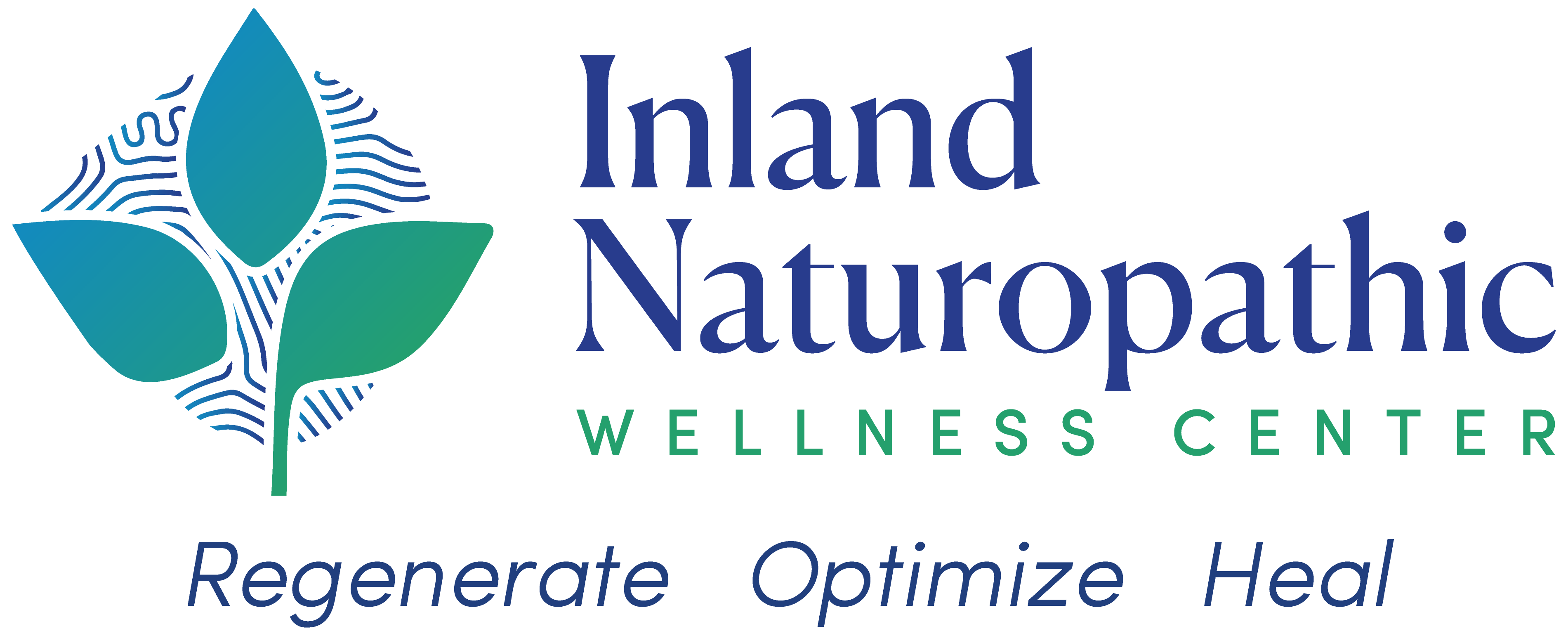Introduction
The most recently conducted National Health and Nutrition Survey found that 45% of the adult population has a blood pressure of 130/80 mmHg or higher. High blood pressure or hypertension so significantly increases the incidence of strokes, heart attacks, and heart failure and is known as the silent killer. Hypertension is therefore a major risk factor for heart disease and kidney failure. Blood pressure is the measure of force of blood against the arterial system and the heart during contraction and relaxation. In this blog, I discuss hypertension and the use of the class of medications known as beta-blockers, common beta-blocker side effects and nutrient deficiencies resulting from their use, and ways to minimize their use; if life-style measurements are not enough.
Epidemiology of Hypertension and Beta-Blocker Use
According to the National Health Examination Surveys (NHANES) data, the age-adjusted prevalence of hypertension in the United States (U.S.) varies from 18% to 32%. According to a 2005 NHANES report, an estimated 36 million adults had stage 1 and stage 2 hypertension, while 69.7 million had prehypertension.1 More recent data from the Centers for Disease Control and Prevention’s (CDC) National Center for Health Statistics (NCHS) reveal a prevalence of 45.4% amongst those 18 years of age and older.2 Hypertension is more common in men than women and is more prevalent in Black adults, who tend to have higher blood pressures at younger ages compared to White adults. Currently, rates of hypertension are increasing in both Black and White adults.
Beta-blockers are no longer considered first-line treatment or appropriate as a single agent treatment of hypertension in those who have not suffered a heart attack or do not have heart failure.3 This is because they do not appear to reduce the risk of heart attacks and are less effective than other classes in the prevention of stroke and heart failure in this population beta-blockers.4 Beta-blockers; however, remain one of the most common antihypertensive medications my patients come in taking even as both first line and single agent therapy. Medication trials do support their use as first line agents in those with heart failure, those who have had a heart attack, and in those with certain arrythmias.
Mechanism and Benefits of Beta-Blockers
Beta-blockers work by blocking signals from the central nervous system that normally promote increased arterial tone, increased heart rate, and increased force of heart contractions. Essentially beta-blockers lower blood pressure by decreasing the volume of blood the heart pumps. Beta-blockers also impact secretion of renin and may affect angiotensin II and aldosterone and tend to be more effective for younger White patients with higher renin levels. Beta-blockers are shown to reduce the risk of stroke, heart attacks, and death in individuals who have heart failure or have suffered from a previous heart attack. One newer beta-blocker increases nitric oxide, while another, antioxidant activity.
Nutrient Deficiencies and Beta-Blockers
Because electrolyte balance along with replete levels of minerals such as magnesium and potassium lend advantage to healthy blood pressure regulation, and important in cardiovascular health, the effect the antihypertensives have on their balance is important. Beta-blockers for example, have been associated with compromising levels of both thiamine and CoQ10.5 Thiamine (vitamin B1) act primarily as a cofactor in the metabolism of carbohydrates and branched-chain amino acids. An extreme form of thiamin deficiency is associated with a type of heart failure known as “wet beriberi.” CoQ10 acts as a coenzyme, an antioxidant, and an energy substrate for heart muscle. More specifically CoQ10 is involved in series complex biochemical reactions that harness oxygen and phosphate to generate energy yielding adenosine trisphosphate (ATP). ATP is needed in higher quantities in hypertension and heart failure. CoQ10 also has blood pressure lowering effects on its own.
Side Effects of Beta Blockers
Since beta-blockers reduce the bodies resting metabolic rate by about 12% and reduce energy expenditure by 4% to 9% they are associated with weight gain.6 They also prevent weight loss, especially in those who are diabetic.7 In this way they may cause more harm than good considering that weight loss helps reduce blood pressure. This is one reason why beta-blockers are not favored as first line agents in those who are obese or overweight. Metoprolol is one beta-blocker shown to promote more weight gain than some of the others.8 Beta-blockers tend to make individuals tired, to promote fatigue and to cause depression as well.6 Other side-effects include having a blood pressure that is too low and a pulse rate that is too slow. Metabolic side effects of traditional beta-blockers include high blood sugar, high triglycerides, and reduction of HDL or “good” cholesterol. These side effects unfortunately contribute to heart disease. Other important side effects that also negatively affect quality of life include decreased libido, erectile dysfunction, sleep difficulties and cold hands and feet. Some beta-blockers are contraindicated in those with asthma or COPD because they inhibit airway dilation. Beta-blockers are also associated with alteration in smell.
Can I Get Off Beta-Blockers?
Individuals with hypertension but without heart failure or a history of a heart attack, should a medication be necessary, be taking a first-line agent such as an angiotensin-converting enzyme inhibitor (ACEI)/angiotensin receptor blocker (ARB), calcium channel blocker (CCB), or a thiazide diuretic. The choice of class is in part based on age and to some extent race. Abrupt discontinuation of beta-blockers can induce severe blood pressure elevations and acute coronary event. Many individuals with hypertension can achieve lower, if not optimal blood pressure control by optimizing nutrition, fitness, and weight loss. Additionally select nutraceuticals that decrease arterial tone, arterial inflammation, increase nitric oxide and restore optimal electrolyte levels consistently lower blood pressure in most individuals. Individuals can work with a naturopathic doctor to receive a customized, functional approach to not only improve blood pressure but to also improve arterial health and lower heart disease risk.
Conclusion
Sustained elevations of blood pressure, or hypertension is a major contributor to kidney disease, stroke, heart failure, and death in the U.S. and worldwide. The prevalence of hypertension in the U.S. adult population approaches 50% and rates of hypertension are currently increasing. Beta-blockers seem to be one of the most common anti-hypertensive medications my patients come in taking although they are not a first-line drug. Beta-blocker use is associated with nutrition deficiencies that can adversely affect both heart health and blood pressure such as thiamine and CoQ10. Moreover, beta-blockers can have important side effects that adversely affect quality of life including weight gain, fatigue, erectile dysfunction, and insomnia. Other beta-blocker side effects include an increase in the risk of heart disease by increasing high blood glucose and triglycerides and by lowering HDL or “good” cholesterol. Beta-blockers should never be abruptly discontinued. Individuals can work with a naturopathic doctor to receive a customized, functional approach to not only improve blood pressure, but to also improve arterial health and lower heart disease risk.
Dr. Ayo Bankole
Ayo Bankole is a licensed Naturopathic Doctor treating persons with heart disease, diabetes, inflammation, and other environmental and lifestyle related conditions. He also possesses advanced training in environmental medicine and uses IV nutritional therapy, detoxification, and chelation therapy.
He is a member of the American Academy of Anti-Aging Medicine www.a4m.com, American Academy for the Advancement of Medicine www.acam.org, the and the California Association of Naturopathic Doctors www.cand.org.
To learn more about our approach to treating hypertension and heart disease call 909-981-9200 and schedule your FREE DISCOVERY CALL.
References:
- Prevalence and trends of prehypertension and hypertension in United States: National Health and Nutrition Examination Surveys 1976 to 2000.
- Adnan I Qureshi, M Fareed K Suri, Jawad F Kirmani, Afshin A Divani: Medical Science Monitor : International Medical Journal of Experimental and Clinical Research 2005 September
- Yechiam Ostchega, Cheryl D Fryar, Tatiana Nwankwo, Duong T Nguyen Hypertension Prevalence Among Adults Aged 18 and Over: United States, 2017-2018. NCHS Data Brief 2020 April
- Aram V Chobanian, George L Bakris, Henry R Black, William C Cushman, Lee A Green, Joseph L Izzo, Daniel W Jones, Barry J Materson, Suzanne Oparil, Jackson T Wright, Edward J Roccella. Seventh report of the Joint National Committee on Prevention, Detection, Evaluation, and Treatment of High Blood Pressure. Hypertension 2003 December
- Papadakis M., Mcphee. S. Current Medical Diagnosis & Treatment. 2023 McGraw-Hill. 2023: 442-468
- Steven P. Dunn PharmD, Barry Bleske PharmD, Michael Dorsch PharmD, Tracy Macaulay PharmD, Benjamin Van Tassell PharmD, Orly Vardeny PharmD Nutrition and Heart Failure: Impact of Drug Therapies and Management Strategies First published: 01 February 2009
- Verhaegen AA, Van Gaal LF. Drug-induced obesity and its metabolic consequences: a review with a focus on mechanisms and possible therapeutic options. J Endocrinol Invest 2017; 40: 1165-74.
- Yalçın, Nadir, et al. “Drug-induced nutritional disorders.” Clinical Science of Nutrition 1.3 (2019): 113-122.

